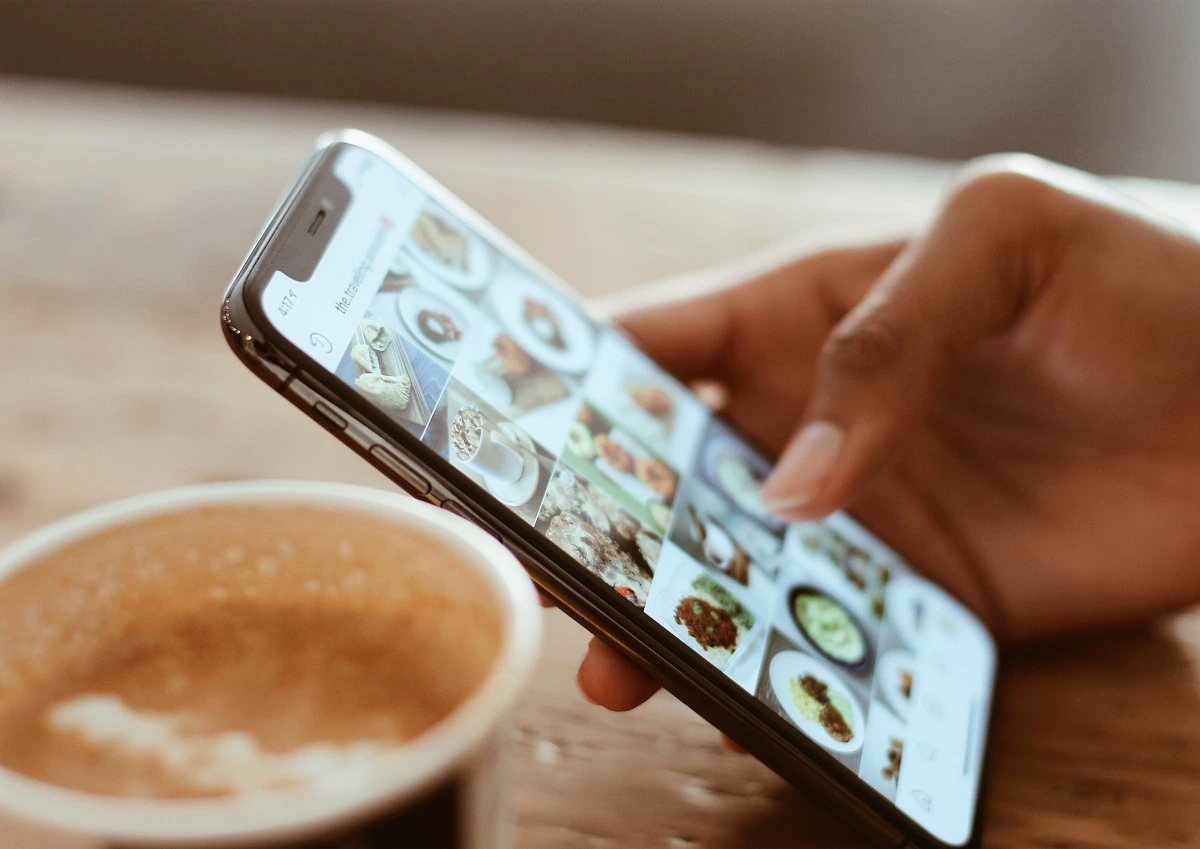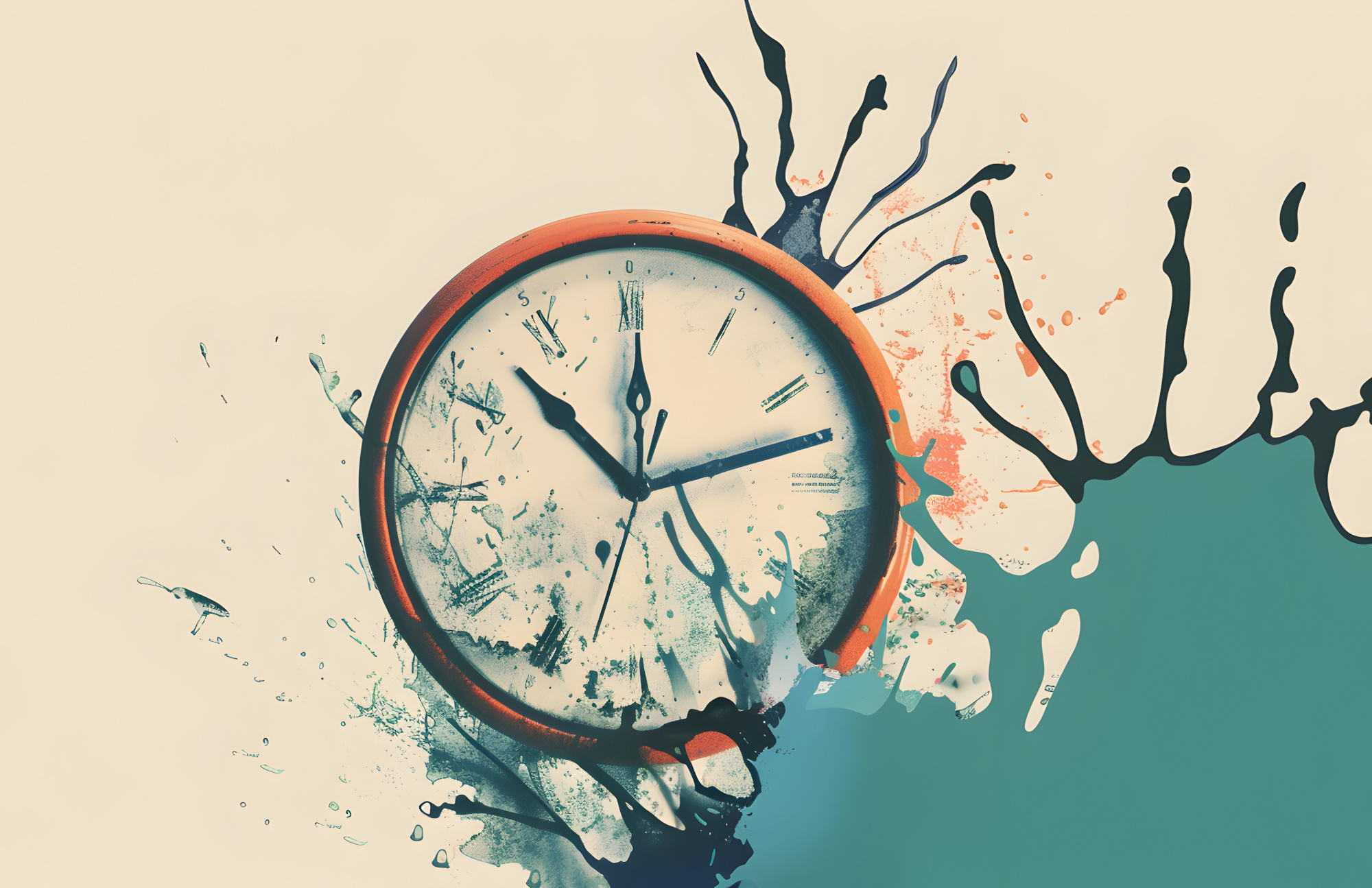Social media has taken the world by storm in the last couple of decades. However, more people are awakening the potential dangers social media and screen time cause to mental health.
First and foremost, social media is a tool. In some ways, it can help people in recovery stay connected and motivated. However, there are also many risks associated with social media use, especially in early recovery.
Not everyone develops a dependency on social media. It is critical to ask how it can positively or negatively affect your mental health and recovery though.
Using Social Media as a Tool
Social media can be a professional tool for growing and running a business. It can help you with career-related communication. Many social media apps, such as LinkedIn, are specifically designed for these purposes.
However, individuals began using social media as a personal tool long before business apps like LinkedIn were invented. For example, when Facebook came out, it was a great way to reconnect with old friends, long-distance relatives, or new people. It allowed everyone to share the things going on in their life.
As time continued, some people began only posting the positive parts of life on social media — embellishing every detail to make things appear better than they are. The tool became less helpful in truly connecting.
Nevertheless, we can not deny the potential benefits of social media.
Potential Benefits
As mentioned, social media can be a great way to reconnect with people that you lost contact with. It is also a great place to share your accomplishments. You can discuss special moments of your life.
There is nothing wrong with sharing life moments with others through social media. However, some people begin to feel stressed about posting the perfect content. They feel let down if they don’t get hundreds of likes, but that should not matter when it comes to personal use.
It’s important that you stay aware of your emotional and mental relationship with social media.
Business
Additionally, social media can be a formidable tool in a business plan’s arsenal.
We have made tremendous strides in social media and digital marketing, which helps not only big companies but allows small-town businesses the chance to grow their businesses too.
An article published in the New York Times titled “How to Use Social Media in Your Career,” written by Sree Sreenivasan, discusses how you can use social media for career advancement. Sreenivasan discusses four critical things social media allows you to do, including:
- Discovering new ideas and trends
- Connecting more with current and potential new audiences
- Bringing attention to your work or business
- Building your brand and enhancing overall brand awareness
Additionally, Sreenivasan describes the benefits of using specific apps, such as Facebook or Twitter, for a business. For example, LinkedIn is an excellent tool to broaden your network and influence, search for jobs, and expand your brand.
In addition to marketing your business, social media can be used to conduct business. For example, Instagram has made several changes to its platform over the years. It now offers a feature where a company can use the platform to sell its products.
Because the functions are connected, many small businesses use photo and story tools for marketing; then, customers can buy directly from their Instagram. It’s all neatly packaged into one website.
Instagram has even set up its platform to offer analytics and monitor traffic to people who use its page as a business profile. But is social media only beneficial if you are running a business?
Education
Technology and social media, in general, make education virtually available to anyone and everyone.
Millions of people can now further their education thanks to online degree programs and virtual classes. Prestigious universities, including Harvard and Stanford, offer free online auditing for much of their course catalog. Technological advances also augment learning within the classroom.
Social media, as an educational tool, can give the following benefits:
- Provides channels of communication between students and teachers
- Offers independent learning opportunities
- Increases student access to information and a teacher’s ability to provide more resources
- Allows students to conduct interactive research
- Provides the ability to demonstrate knowledge and skills
Despite the benefits of using social media for education and business, we must consider the potential harm it causes to our mental, physical, and spiritual well-being.
Potential Harm
When examining the connection between social media and mental illness, researchers may indicate there is still much to explore. That is because this kind of platform is still relatively new.
According to a systematic review from the Cureus Journal of Medical Science (CJMS), researchers believe social media is “responsible for aggravating mental health problems.”
Unfortunately, many studies have inconsistent results. For example, this study from CJMS did, in fact, find positive links between social media and mental health. However, other research does show a link between “prolonged use of social networking sites” and depression symptoms.
Questions to Ask
At the end of the day, you must self-examine your social media use and consider if it impacts your mental health. It may help you to ask yourself some questions. Consider these:
- Are you falling into the pattern of doom-scrolling?
- Do you feel compelled to be on social media, or do you want to be there?
- Have you been rechecking the same social media feeds in a short span despite the lack of any new content?
- Would you be unable to go one day without logging on?
You may experience the harmful effects, or you may not. But, what about screen time and exposure to blue light?
Is Too Much Screen Time Harmful?
Regarding the effects of screen time, most of the research focuses on adolescents and young adults.
A study published in BMJ Open examined several systematic reviews, finding evidence that linked screen time to depressive symptoms in young people.
Additionally, an article in the International Journal of Ophthalmology outlined the health concerns related to blue light from screens. That may include dry eye or age-related macular degeneration. Blue light can also impact melatonin secretion and enhance “adrenocortical hormone production,” affecting sleep quality.
Now, any potential risks of blue light correlate to more than social media. Blue light emits from smartphones, laptops, tablets, and televisions. As such, it is beneficial to monitor the amount of time spent in front of devices for any age group.
The Impact of Social Media on Young Adults
Since there is so much research confirming the harmful effect of screen time on youth, we must also consider the impact social media has on them. Many individuals are susceptible to the potential harm of social media, but there seems to be a strong connection among young adults.
In a TedTalk titled “Is Social Media Hurting Your Mental Health?” expert Bailey Parnell discusses the impact of social media on mental health. She discusses the findings of the Center for Collegiate Mental Health. They discovered that the top diagnoses on university campuses were anxiety, depression, and stress.
According to Parnell, research from around the globe links high social media use to these rates of mental illness. Additionally, she discusses the four stressors of social media, which help explain the connection to mental health.
Two of the most noteworthy stressors she discusses include the highlight reel and social currency.
Parnell describes social media as our highlight reel, filled with the best moments. The danger is that people begin to compare their lives to that of the people they follow.
When your “highlight reel” does well, you allow your value to be defined by how many comments or likes are received. Social media causes us to feel like we must compete for attention. Our self-worth, image, and identity are affected when we let others define our value.
Young adults are not the only ones affected by these impacts. However, there seems to be a stronger connection between these issues and young adults.
3 Ways Social Media Can Help During the Recovery Process
Despite the harmful effects of screen time and the impact of social media on self-worth, we must consider another factor. Individuals in recovery may benefit from social media use. Social media, when used correctly, can provide three main benefits during the recovery process.
#1. Technology During Treatment
Many treatment facilities prohibit the use of technology during addiction treatment. However, careers cannot always be placed on hold, especially for high-ranking people.
If you’re an executive or c-suite professional, you should consider an executive treatment program. With the pressure of high performance, there’s an increased risk of experiencing stress and developing a substance use problem.
An executive treatment program will allow you to seek treatment and continue working by providing access to technology, wifi, and working space. That way, you can focus on getting help while still running your company or fulfilling the responsibilities of your executive role.
#2. Maintaining Outside Connection
Facilities may prohibit technology so that you can not contact old acquaintances from substance use days, such as a drug dealer. However, treatment programs are seeing the benefit of incorporating friends and family into treatment.
For this reason, facilities may allow you to contact friends, family, and loved ones during treatment. Having this connection will motivate you to continue through treatment and prepare for recovery long-term.
#3. Staying Connected Post-Treatment
Time spent in a treatment facility often leads to friendships and connections. Maintaining these connections post-treatment is essential.
As you reintegrate back to life post-treatment, you will face many challenges. Discussing these challenges with people going through a similar situation is invaluable.
Upon leaving treatment, you may consider connecting on social media with the peers you met. Seeing them do well can motivate you to maintain sobriety and vice versa.
Social media is also an excellent tool for staying connected with aftercare networks, virtual support groups, or people you meet during in-person meetings.
Consider the Pros and Cons of Social Media for Yourself
Determining whether or not social media is impacting your mental health negatively is not an exact science.
A lot of people use it to stay in contact with people they love. However, it can provide a false illusion to which others compare themselves. Some people find it useful for connecting socially and professionally. Others do not. No two people are the same.
Still, individuals in recovery may benefit from connecting with others online or joining virtual support groups. It is always vital to monitor social media use in case it is impacting your self-worth and overall well-being, though.
To learn more about the potential risks and benefits of using social media, consider discussing it with a therapist, medical professional, or support group member today.







